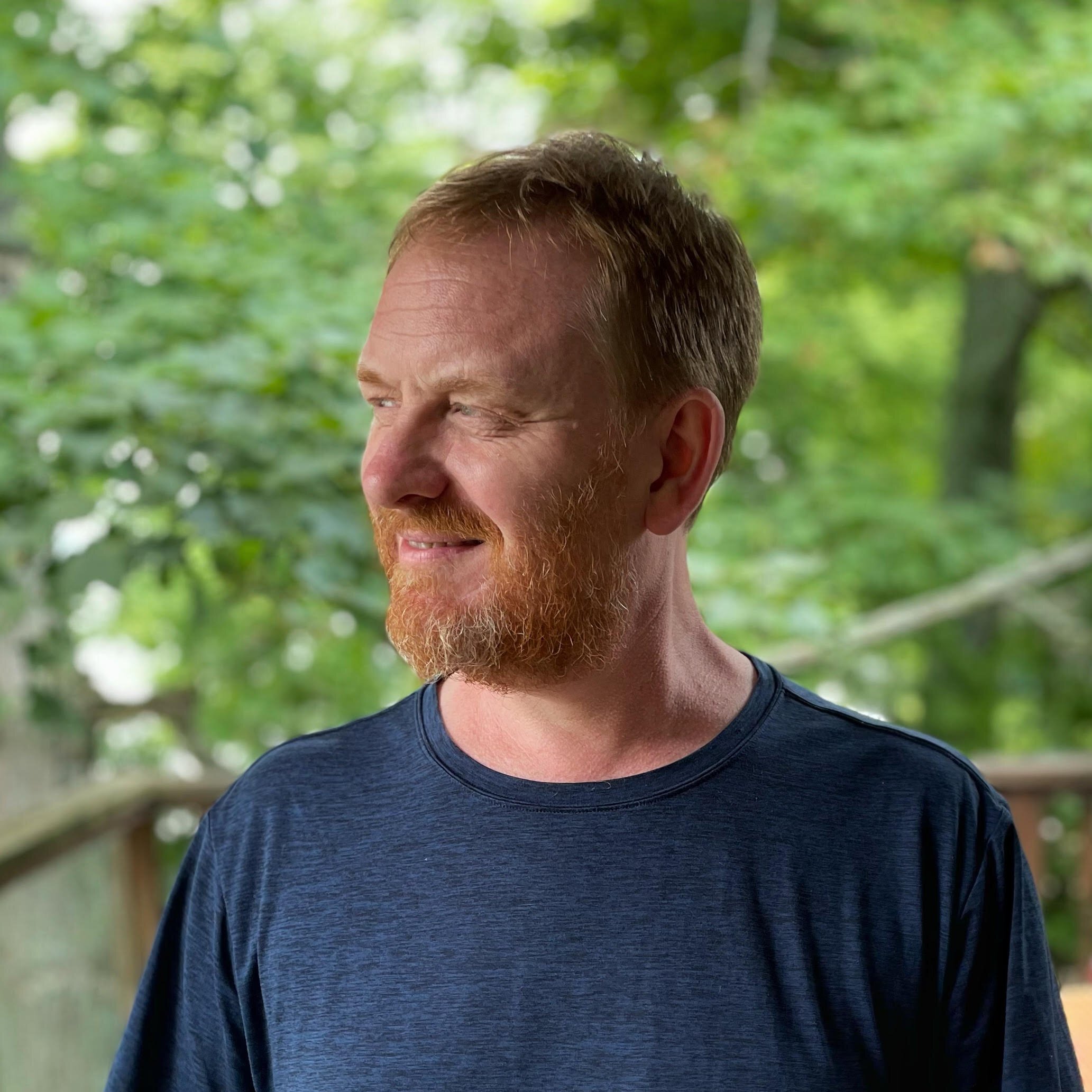Questionnaire for Media: Paul Day, Reuters Nuclear
ERPR’s series, “Questionnaire for Media,” features members of the media and asks about their lives and careers.
I connected with Paul Day, editor of Reuters Events Nuclear.
How did you first get into journalism? What was your first job in journalism?
I was teaching English in Mexico at the end of the nineties, and a friend found me a job at one of the two English-language newspapers that were running in the capital at the time; The Mexico City Times. It was on its last legs as the arrival of the internet took away its advertising revenue and readership. The small team did only a little reporting, mostly taking stories from the wires and editing them into the newspaper. I was responsible for the business section (any deal over a billion was the main criteria at first but the experience laid the foundation for my more-than-a-decade stint as a Reuters economics correspondent in Madrid a few years later). The Mexico City Times closed about a year later but served me as a springboard to a new career as a freelance journalist.
How do you decide what you write or publish?
I currently write and edit Reuters Events Nuclear, publishing a newsletter every two weeks. I'm new to the nuclear industry, so I trawl the industry news sources - World Nuclear News, Nucnet, ANS, Twitter, etc - before choosing a vague area of interest and then set up interviews with any expert who will talk to me on that subject. The interviews always inform the resulting story and angle.
What is the most interesting news story you’re following right now that you’re not covering?
Developments in fusion energy are very interesting. If they pull it off, it may well solve the world energy problem overnight, but there is a refrain in the industry that fusion is always thirty years away. There are a lot of enthusiastic researchers and enormous resources being pumped in to it but we're not there yet.
If you weren’t in journalism, what would you be doing?
I'd probably still be teaching English somewhere.
What do you read or watch every morning?
I scan the nuclear press, as well as general news sources starting with Reuters, NYT, The Guardian, The Toronto Star, and Fox News online. I sometimes check in on CNN too but, like Fox, it's really only to get one of the two sides of the impossibly disparate narrative coming from the United States.
What do you consider your greatest achievement?
I am eternally grateful to have a job that pays me for reading and writing about a wide variety of fascinating subjects. My greatest achievement has been to remain in this industry, which is undergoing a very profound change, for as long as I have.
What is your idea of perfect happiness?
Perfect happiness is signing off on a story that you know is well researched, well written, and says something new and important.

